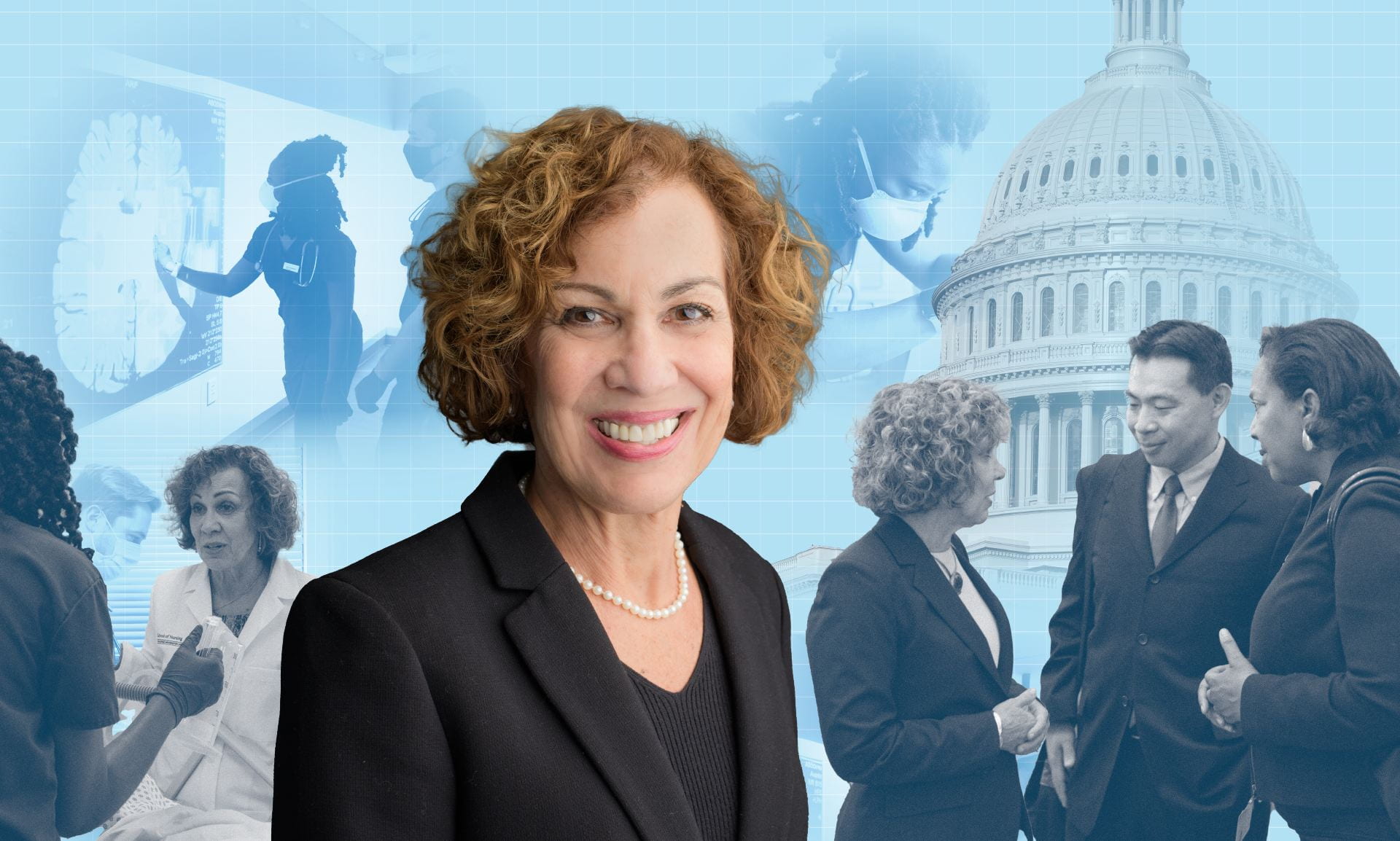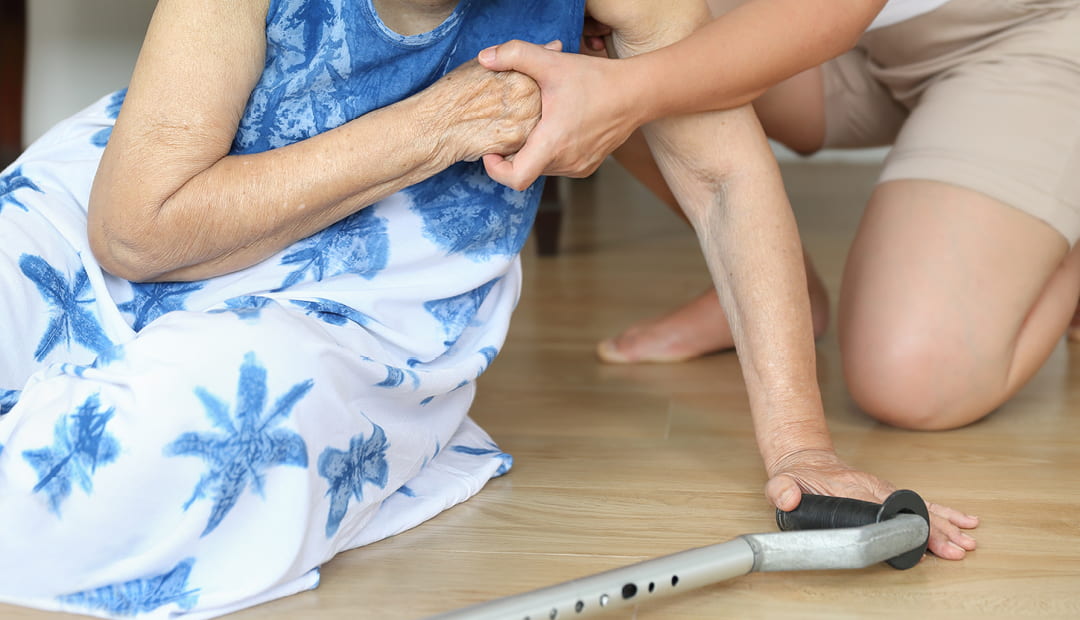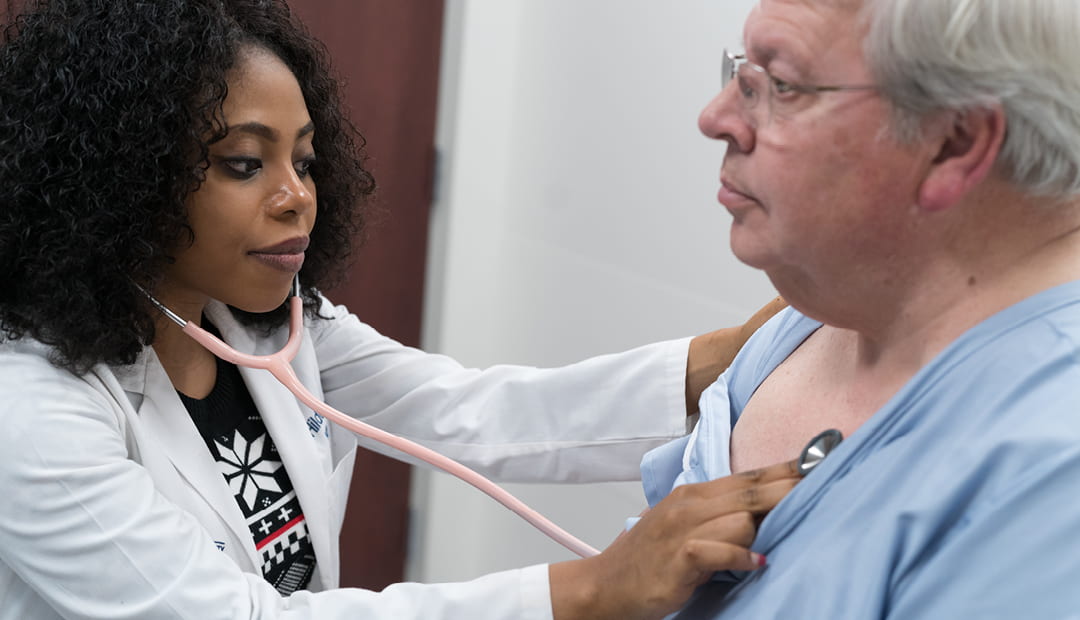The Office of Clinical Practice & Community Engagement (OCE), created in 2019, serves as a central resource for GW Nursing’s community engagement partnerships and activities. Led by Karen Drenkard, the school’s inaugural Associate Dean for Clinical Practice and Community Engagement, the OCE houses GW Nursing’s centers (Center for Aging, Health and Humanities and the Center for Health Policy and Media Engagement), global initiatives, and community engagement initiatives.
The community engagement initiatives aim to create partnerships using GW Nursing resources — faculty, staff, and students — with community organizations to enrich service-learning, scholarship, development opportunities, creative activity and research endeavors.
At GW Nursing, we prioritize our engagement in the community as some of our most important work. We are fortunate to have a multitude of local, regional and international partners, including community service organizations and volunteer groups. The OCE aims to leverage these partnerships through a mutually beneficial exchange of knowledge and resources to enhance our curriculum, teaching and learning experiences. Our partnerships help GW Nursing prepare educated, engaged nurses who contribute to the health of the diverse communities they serve.
One of our excellent partnerships is with the Alzheimer’s Association, an organization that seeks to “lead the way to end Alzheimer’s and all other dementia by accelerating global research, driving risk reduction and early detection, and maximizing quality care and support.”
In August, the Alzheimer’s Association and GW Nursing co-hosted a virtual webinar on dementia for nurse practitioner students, community health students and capstone students. This event consisted of an Alzheimer’s case study simulation, small group discussion and a Q&A with experts, all designed to introduce nursing students and stimulate conversation around dementia. There are also volunteer opportunities for students, faculty and staff through Memory Cafés and Virtual Community Education Programs.
Through this partnership, GW Nursing and the Alzheimer’s Association both hope to break down stereotypes of Alzheimer’s for our nursing students, equipping them to become advocates and better caregivers. The Alzheimer’s Association also conducts training and outreach with established medical professionals, but their hope is, by working with nursing students before they are deployed, that our students will enter their future jobs with more compassion, knowledge and skills in their tool belt. The goal is that our students, once professionals, will understand the unique challenges that come with working with dementia patients and will help to improve the way dementia is cared for in hospitals and the health system at large.
by HALEY STEPP


